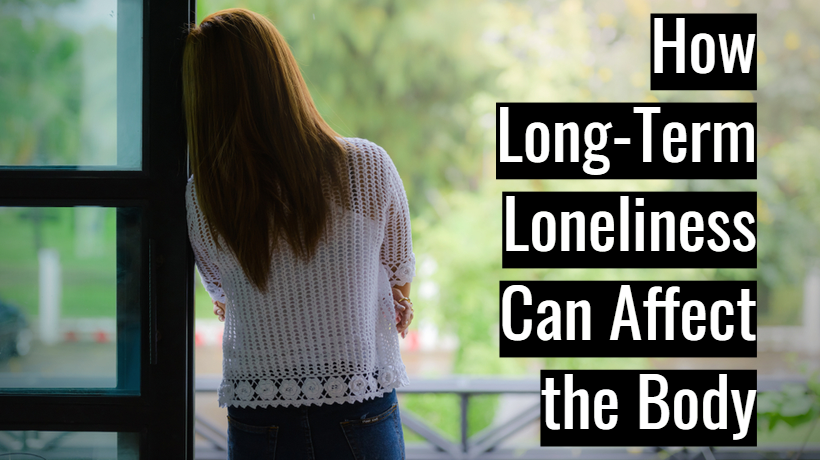For many of us, our lives have been turned around in the last few weeks and in some areas of the globe for several months. The term social isolation is being advised to prevent the spread of coronavirus. For those who aren’t used to spending a lot of time alone, loneliness can be hard to cope with, and the effects of long-term loneliness can affect more than just your mood. Dr. Partha Nandi, M.D., suggests in another article written for WomenWorking.com, how it can become detrimental to your physical health. Here are some ways loneliness affects the body:
Sleep deprivation
Dr. Nandi says, “When you’re lonely, you might
spend a lot more time in bed, but you’re probably not sleeping well. Lonely
people tend to experience insomnia and frequent sleep disruptions.”
Increased risk of dementia
You can be surrounded by people, but still feel lonely if you’re not making genuine connections. According to Dr. Nandi, studies have shown that lonely people are at a higher risk for dementia than those who live alone but have strong personal relationships.
Inflammation
Those suffering from chronic loneliness are more likely to have an over-expression of genes connected to cells that produce an inflammatory response. While short-term inflammation is usually not a major concern, inflammation that sticks around can increase your risk for heart disease and cancer.
Weight gain
Dr. Nandi says when you’re lonely, you try to fill the void created by the lack
of human connection. One of the most common ways people do this is with food.
Think of all the movies you’ve seen where the depressed and broken-hearted
character binges on ice cream, chocolate, pizza, pasta … whatever comfort foods
are in reach! It fills a void, but jeopardizes your health in the process. This
is a slippery slope and can lead to serious issues such as diabetes, high blood
pressure, and heart disease.
Stay tuned to Women Working for ways to cope with loneliness.



